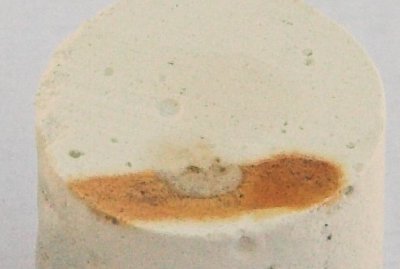DeadYetiBrew
Well-Known Member
Ok, so i got a Traditional Bock and an Oktoberfest coming up to be brewed.
I know that with the malts you get now it isn't as important as it use to be. However, i like the fact that it will help develop the malt profile and give the beer the depth i love. I've never brewed by decoction but would like to experience it and say that i have, to have it under my brew belt. I know they take time but i'm jobless so no big deal there.
So far this is what i understand of decoction (i've read a couple postings but still a little foggy). You basically mash in at one rest temp (depending on how many decoctions you are going to do) then you remove some of the grist and water and boil for a time, making sure not to scorch the grain. When this is added back to the main mash it should bring you up to your next rest temperature. Continue on with more decoctions or go to sparging.
My usual brew day consists of mashing then batch sparging and the boil. I'm still trying to dial down my equipment too. Now that i have a cooler with virtually no deadspace i thought it was a good time to try something a little harder.
So, tell me, how hard is it really or is it as i think, just time consuming?
I know that with the malts you get now it isn't as important as it use to be. However, i like the fact that it will help develop the malt profile and give the beer the depth i love. I've never brewed by decoction but would like to experience it and say that i have, to have it under my brew belt. I know they take time but i'm jobless so no big deal there.
So far this is what i understand of decoction (i've read a couple postings but still a little foggy). You basically mash in at one rest temp (depending on how many decoctions you are going to do) then you remove some of the grist and water and boil for a time, making sure not to scorch the grain. When this is added back to the main mash it should bring you up to your next rest temperature. Continue on with more decoctions or go to sparging.
My usual brew day consists of mashing then batch sparging and the boil. I'm still trying to dial down my equipment too. Now that i have a cooler with virtually no deadspace i thought it was a good time to try something a little harder.
So, tell me, how hard is it really or is it as i think, just time consuming?



